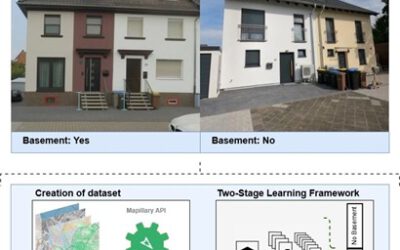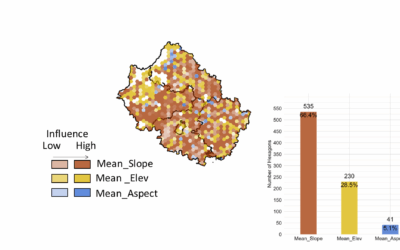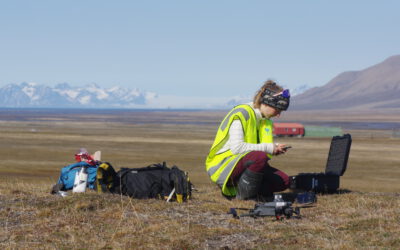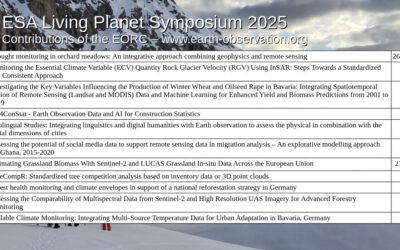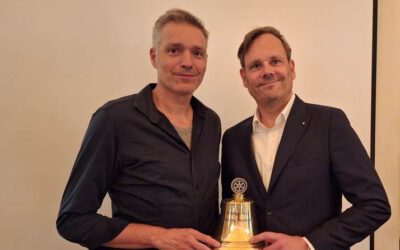On Friday the 17th of February, a DLR-ifo Workshop took place at the DLR in Oberpfaffenhofen. It was hosted by Prof. Dr. Hannes Taubenböck (DLR/University of Würzburg) and Prof. Dr. Andreas Peichl (ifo-institute). The interdisciplinary research studies have been presented, among others, by Oana Garbasevschi, Sofia Garcia de Leon and Manuel Köberl from our Earth Observation Research Hub.
Oana Garbasevschi gave an overview of current research activities in the exploration of income inequality in Germany with a combination of spatial and socio-demographic data. Her presentation was titled “The Social and Spatial Structure of Income Inequality in Germany”. It was shown that while socio-demographic data is particularly suitable for estimating municipal income levels, such as median or top incomes, spatial features are as expressive as socio-demographic features in estimating inequality levels. This points to the hypothesis that the variation in income levels, represented by inequality indices, finds a relevant correspondence in the variation of spatial attributes of the built and green environment, and that spatial data sources are a relevant information source for exploring complex economic indicators, such as inequality.


Oana Garbasevschi and Sofia Garcia de Leon presented on “Estimating Socio-Economic Indicators in Bolivia Using Nighttime Light Images”. They summarized the main outcomes of a research topic initially proposed as an Eagle M.Sc. thesis at the Earth Observation Research Hub, namely the quantitative assessment of the potential of nighttime lights (NTL) to forecast electricity consumption (EC) and poverty levels in municipalities in Bolivia. It was shown that the relationship between annual NTL and EC is moderately strong, and consistent with similar findings for countries under development. Month-to-month NTL and EC are weakly correlated, but NTL in combination with annual EC values, yields successful forecasts of monthly EC. Furthermore, NTL emissions were proven a better estimator of municipal poverty levels than EC, which confirms the interest in using it as a proxy for various economic outputs, both at national and sub-national levels.
And, Manuel Köberl presented works on the DFINEQ project with the title “The Development of Inequality and Poverty in Germany and France”. He focused on the comparison of large housing estates in France and Germany built at similar times and for similar reasons. Today, French ‘banlieues’ or German ‘Plattenbauten’ are seen as deprived neighborhoods and centers of poverty and inequality in European cities. In his presentation he presented approaches to study inequality for these areas using small-scale indicators based on socio-economic and remote sensing data. Different measures such as walkability, accessibility to infrastructure or urban green cover are used to describe national differences between the two countries.




